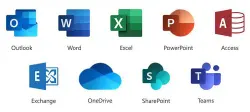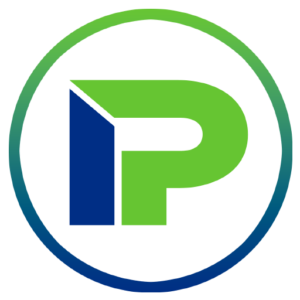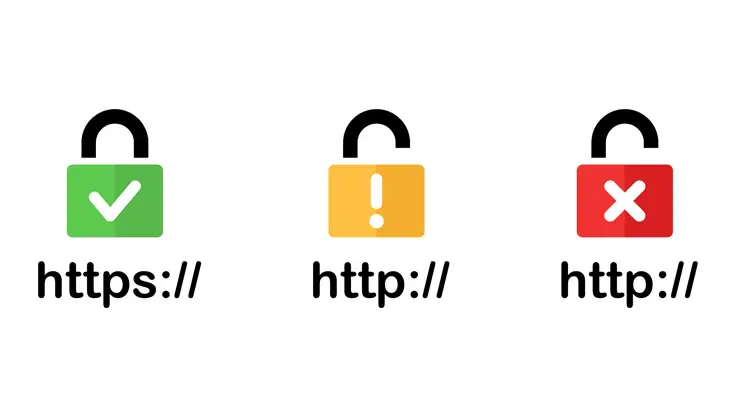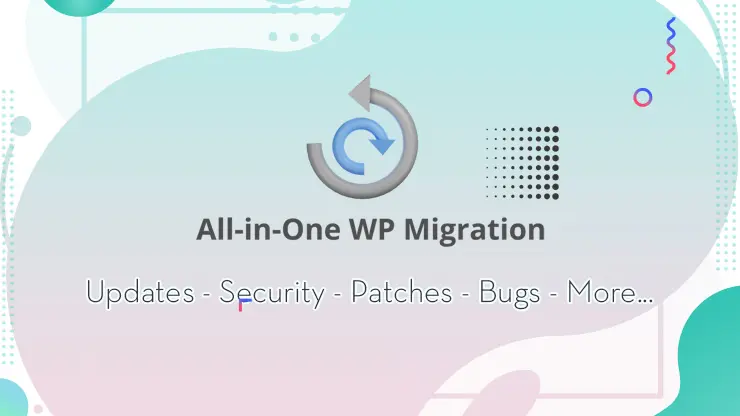Hackers are devising new attacks and new ways to slip past security measures every day. One of their favorite kind targets is a Website. Three-quarters of all attacks on Websites are designed to hamper the forms, log-in pages, shopping carts on online shops, and other content. Since the design of Web applications make them accessible at any time from anywhere, it is important that a Website has the protection that works well all the time. This not only protects important consumer details such as credit card numbers; it also protects the Website itself.
Even the best firewalls, Secure Sockets Layer (SSL) and other protective measures will not enough to guard Web applications against every attack. It is infinitely more difficult for security professionals to figure out what new and innovative trick will be used to bypass security than it is for hackers to find that trick.
It can seem as if there is no solution to this problem. What is needed is a program that can check Web applications and further improve security.
We have such an application. It’s called Website Security. It helps to secure websites from harsh attacks, checks for scripting in cross-sites, and strengthens the authentication pages and passwords. It also audits shopping carts in an effort to prevent attacks. With the security, audit reports peace of mind can finally be gained.
CRLF injection, directory traversal, code execution, and file inclusion attacks are other ways to cripple a Web site’s security. Authentication, as well as input validation attacks, are also likely.
The Google Hacking Database (GHDB) can identify important data like the login pages, network information, and so on and so forth that might be vulnerable, making it an important tool to improving Web site security.
Website Security gives suggestions on how to correct any problems through its report generator that will create quick reports and data to zero in any vulnerabilities that might exist.
It is necessary to reconstruct HTTPS and analyze them for cross-site scripting and SQL injection to ensure better security. Also important is HTTP to validate the input and test the overall performance of the Web site.
It’s vital that passwords be configured and protected. Input configuration should utilize HTML form fillers as a matter of course. This allows testing how certain occasions and different inputs influence how the site behaves.
Hackers are devising new attacks and new ways to slip past security measures every day. One of their favorite kind targets is a Web site. Three quarters of all attacks on Web sites are designed to hamper the forms, log-in pages, shopping carts on online shops and other Web content. Since the design of Web applications make them accessible at anytime from anywhere, it is important that a Web site has protection that works well all the time. This not only protects important con…
Important things to consider:
- Is the Web site ready and prepared for a dictionary attack?
- Support from other technologies such as PHP, CGI and ASP.
- Search directories for weak permissions
- Detect errors in pages as early as possible
- Re-auditing all changes in the Web site to check for new vulnerabilities
Website Security is one of the programs that can protect and secure. It takes care of spammer bots, attacks, probes, SQL injections, hijackings, pronounced tampering, and even proxy takeovers.
It can be a daunting task to improving Website security but is absolutely critical to do so. By following a few simple steps and using programs tailored to assist in the task everything will work efficiently and effectively.
Website Security features:
- Protects one website.
- Firewall prevents hackers.
- SSL certificate included in firewall.
- Malware scanning.
- Unlimited site cleanups.
- DDoS protection, and Content Delivery Network (CDN) speed boost.
- Prioritized cleanup and repair.
- 200 GB of secure backup.











3 Responses
Having a personal webmaster on-call is priceless. Anything I need to get changed for my website, I can get done fast – whether it be making changes to header banners or even adding more pages if necessary. I don’t have the time or energy to spend months or years learning technical stuff. I’m a business owner! I got better things to do than learn how to do things like websites that keep changing on a daily basis.
HTML problems, script errors, CSS fixes, PHP incompatibility, malware issues, virus problems, out-of-date plugins and themes, function issues, and more. This just looks like a hacker’s playhouse. No thanks. I’ll leave it up to people with expertise to take care of my site.
I signed up for a WordPress Maintenance Plan and not only do they take care of all the ongoing maintenance, but it’s also great to know that the website is now secure and being monitored so the damage caused by malware won’t happen again.